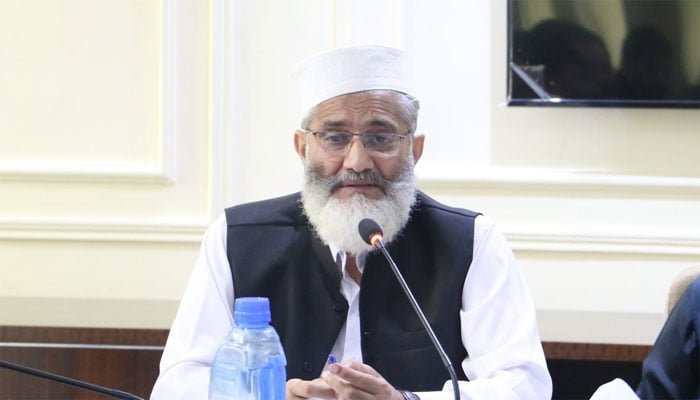The Federation of Pakistan Chambers of Commerce and Industry (FPCCI) has announced its decision to approach the Supreme Court of Pakistan, seeking intervention against the capacity charges imposed by Independent Power Producers (IPPs). This move reflects the growing frustration and concern over the economic strain caused by these charges on the country’s economy and its citizens.
Acting President of FPCCI, Abdul Mohiman Khan, emphasized that this step is being taken as a last resort to protect the economy and the populace from further financial distress. He stated, “We demand that a forensic audit of IPPs be ordered, capacity charges of IPPs should be abolished, and contracts should be renegotiated.” This call for action underscores the urgency of the situation and the need for transparent and fair practices in the energy sector.
Capacity charges are payments made to IPPs for their readiness to generate electricity, regardless of whether the electricity is actually produced or consumed. These charges have been a contentious issue, as they add a significant burden to the overall cost of electricity in Pakistan. The FPCCI’s move to seek judicial intervention highlights the severity of the impact these charges have on both businesses and consumers.
Former federal minister Gohra Ijaz further elaborated on the issue, pointing out the substantial financial burden placed on the country due to payments to companies that do not generate electricity. He stated, “Pakistan pays billions of rupees to companies that do not generate electricity. We will request the Supreme Court to intervene in this unbearable situation.” This statement sheds light on the inefficiencies and inequities within the current energy contract framework.
Gohra Ijaz also highlighted the broader economic implications of expensive electricity. According to him, the high cost of electricity has become unsustainable for all Pakistanis, leading to widespread financial strain. “Expensive electricity has become unaffordable for all Pakistanis. The high cost of electricity is impoverishing citizens and bankrupting businesses,” he remarked. This situation calls for immediate attention to alleviate the economic pressures on households and enterprises alike.
The FPCCI’s decision to approach the Supreme Court is a strategic move aimed at seeking legal redress and ensuring accountability in the energy sector. The demand for a forensic audit of IPPs is rooted in the need for transparency and accountability. By scrutinizing the operations and financial practices of these power producers, the FPCCI hopes to uncover any irregularities and ensure that the charges levied on consumers are justified and fair.
Renegotiating contracts with IPPs is another critical aspect of the FPCCI’s agenda. The current contracts, which include capacity charges, are seen as unfavorable and burdensome. By advocating for renegotiation, the FPCCI aims to secure more equitable terms that reflect the actual electricity needs and consumption patterns of the country. This move is expected to result in more reasonable electricity tariffs, benefiting both consumers and businesses.
The high cost of electricity has been a persistent issue in Pakistan, affecting various sectors of the economy. For businesses, exorbitant electricity bills translate into higher operational costs, reducing their competitiveness both domestically and internationally. For households, the financial strain of high electricity costs can lead to difficult choices between essential needs and utility bills, exacerbating poverty and economic hardship.
The FPCCI’s initiative to seek Supreme Court intervention is a reflection of the broader public sentiment and the need for systemic change. By addressing the issue of capacity charges and advocating for more transparent and fair practices, the FPCCI aims to create a more sustainable and equitable energy sector. This, in turn, would contribute to economic stability and growth, benefiting the entire country.
The Federation of Pakistan Chambers of Commerce and Industry’s decision to approach the Supreme Court against the capacity charges imposed by IPPs is a significant step towards addressing a critical economic issue. The call for a forensic audit, abolition of capacity charges, and renegotiation of contracts underscores the need for transparency, fairness, and accountability in the energy sector. By seeking judicial intervention, the FPCCI hopes to alleviate the financial burden on businesses and consumers, ultimately fostering a more stable and prosperous economic environment for Pakistan.



